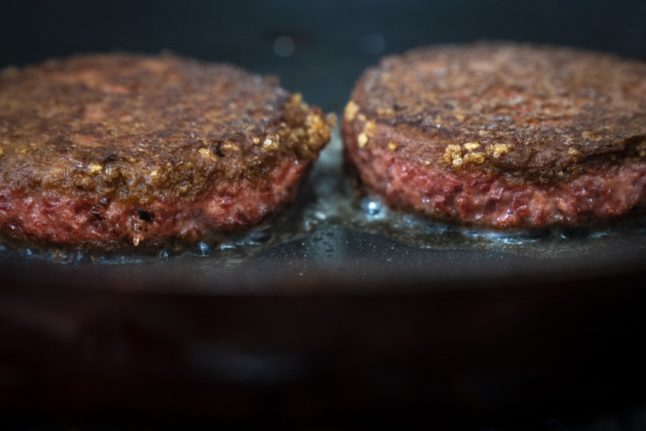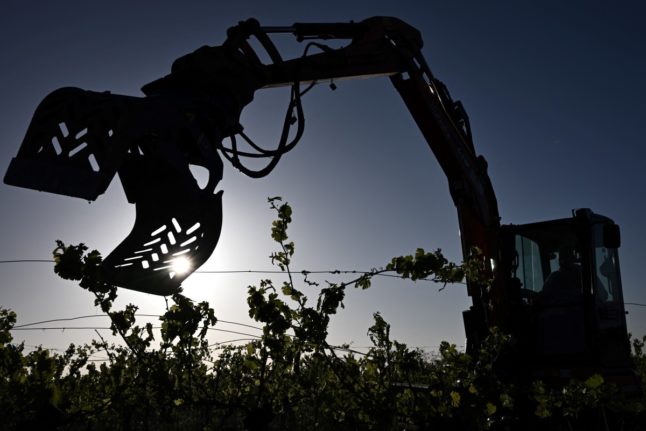The French government in February issued a decree to ban the term “steak” on the label of vegetarian products from May 1, saying it was reserved for meat alone.
A veggie burger is called a veggie “steak” in French.
The decree listed 21 terms usually used by butchers — including “escalope”, “ham”, “filet” and “prime rib” — that it said were not allowed for plant-based products.
The ruling was a response to a long-standing complaint by the meat industry that terms like “vegetarian ham” or “vegan sausage” were confusing for consumers.
It was based on a 2020 law before the nation’s top administrative court — called the State Council — suspended application of the decree in 2022 after a complaint from French companies selling plant-based food.
The State Council on Wednesday suspended a second decree to implement the same labelling law, saying there existed “a serious doubt over the legality of such a ban”.
It would remain suspended until the Court of Justice of the European Union responded to a query over whether the measure was legal under EU law, it said.
In 2020, the European Parliament rejected a move to ban the use of terms of animal origin for plant products — except when words like “yoghurt”, “cream” or “cheese” are applied to products without animal milk.
France issued its second decree as farmers protested against environmental rules and competition from cheap imports.



 Please whitelist us to continue reading.
Please whitelist us to continue reading.
Member comments